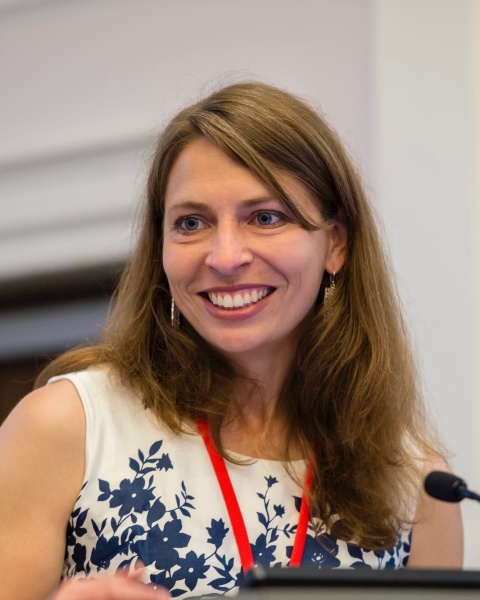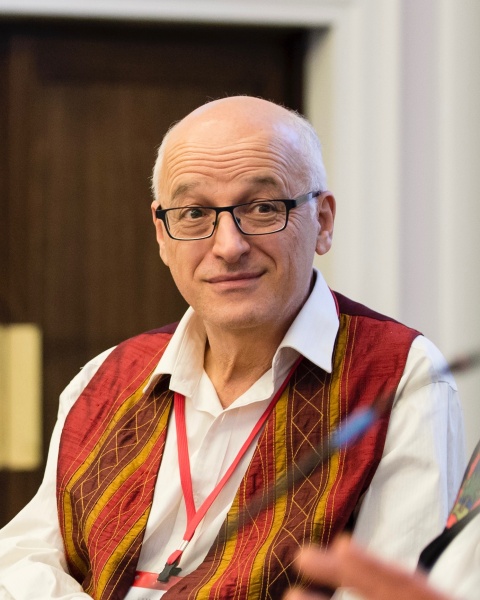Letter from the COPE co-Chairs
“Don’t cross the streams” advises Egon Spengler in Ghostbusters

Picture credit: CC BY 2.0 Phillip Ritz from New York, NY, USA - NYFD Hook and Ladder #8 (Ghostbusters Firehouse)
Crossing the streams: Research institutions and research publishers
“Don’t cross the streams” advises Egon Spengler in Ghostbusters. A week or so ago we did just that. We had an hour-long discussion about publishing ethics and research integrity with experienced people from universities and research institutions around the world, crossing streams with research publishers and journal editors at a COPE meeting just outside London. Here are three thoughts from that discussion.
Thought #1. Unsurprisingly institutions, editors, and publishers voiced a shared commitment to the same kinds of “quality” in the research they support, peer review, and publish. That shared commitment, in the publishing ethics space at least, is to the quality standards described by COPE’s core practices. Assuming that those core practices are addressed appropriately, then our shared goal is to publish all research (AllResearch, like AllTrials, anyone?). But we remain challenged by the perception — and perhaps the reality — that negative results are hard to publish or are hard for researchers to want to publish.
Thought #2. Publishing all research will mean an explosion of research outputs, alongside journal articles and sometimes instead of them. The first and possibly most important of these research outputs is data. But the infrastructure, skills, management, and culture to match this ideal are certainly patchy around the world, and in some cases non-existent.
Thought #3. Whatever research objects get published, let’s remind ourselves: research and research publishing is a human activity. By its very nature it is imperfect and problems arise through simple human error, naivety, and infrequently corruption. What we share at ethical research institutions and ethical research publishers is a commitment to preventing problems where we can and correcting them where we have to – with proper due process. Simple, right? Not so simple, it seems. Institutional investigations can conclude with requests from institutions to editors and publishers for retractions. The same can be true in reverse, when publishers find conclusive evidence of a problem and request action from institutions. Sometimes those requests across the institution–publisher divide seem not to be heard. Perhaps the messages in either direction sometimes fail to reach the right people. In which case this should be an easy problem to solve. We’re attempting to bridge that gap as part of our work with institutions on COPE’s pilot initiative.
Thanks to all who took part. And we look forward to crossing those streams more often, despite Egon's well-meaning and usually sensible (if you're a Ghostbuster) advice.
COPE co-chairs Geri Pearson and Chris Graf
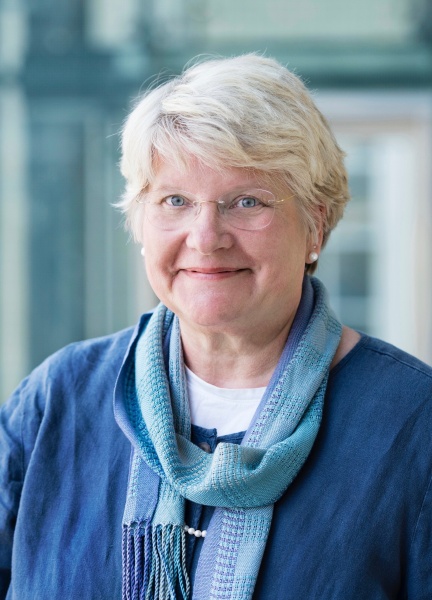
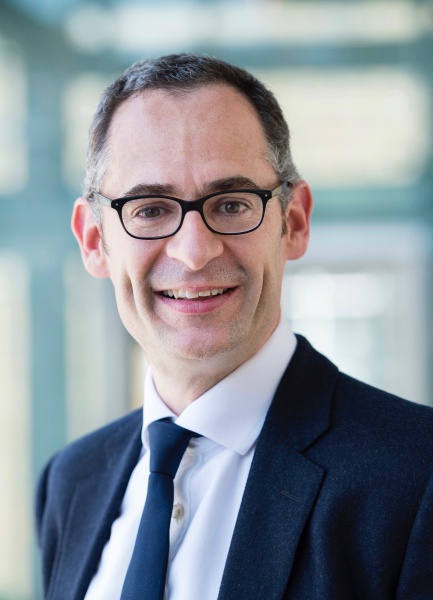
 Case of the month: Institutional investigation of authorship dispute #16-15
Case of the month: Institutional investigation of authorship dispute #16-15


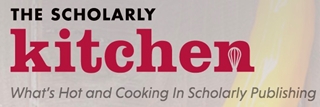 Scholarly Kitchen is hosting a webinar looking at how scholars and the general public can navigate the current media landscape to validate what they think they know
Scholarly Kitchen is hosting a webinar looking at how scholars and the general public can navigate the current media landscape to validate what they think they know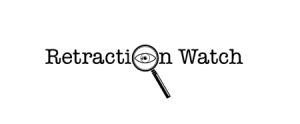 Clarivate Analytics is launching a new tool in ScholarOne to help identify fake reviewers
Clarivate Analytics is launching a new tool in ScholarOne to help identify fake reviewers The Council for Science Editors has released new policy guidance on how to spot fake journals
The Council for Science Editors has released new policy guidance on how to spot fake journals Yes, says Professor Bruce Macfarlane, author of a new survey 'Co-authorship in the humanities and social sciences', reviewed in the Times Higher Educational Supplement
Yes, says Professor Bruce Macfarlane, author of a new survey 'Co-authorship in the humanities and social sciences', reviewed in the Times Higher Educational Supplement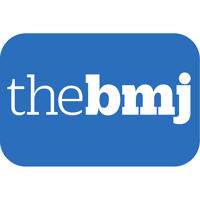 Some experts think so, according to evidence given at the UK Parliamentary Science and Technology Committee’s inquiry into research integrity, held on 24 October
Some experts think so, according to evidence given at the UK Parliamentary Science and Technology Committee’s inquiry into research integrity, held on 24 October
 And Roger Giner-Sorolla argues that it is important to maintain civility when offering and receiving criticism
And Roger Giner-Sorolla argues that it is important to maintain civility when offering and receiving criticism For a description of what transparency means in peer review
For a description of what transparency means in peer review A scientific society defines sexual harassment as scientific misconduct
A scientific society defines sexual harassment as scientific misconduct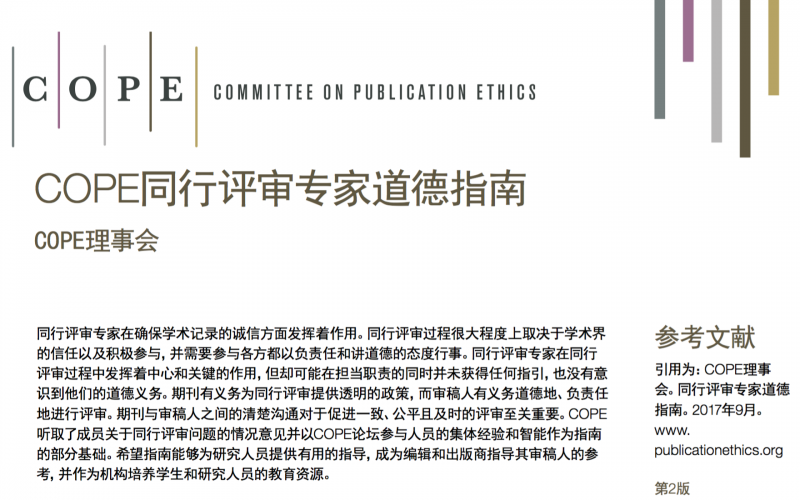
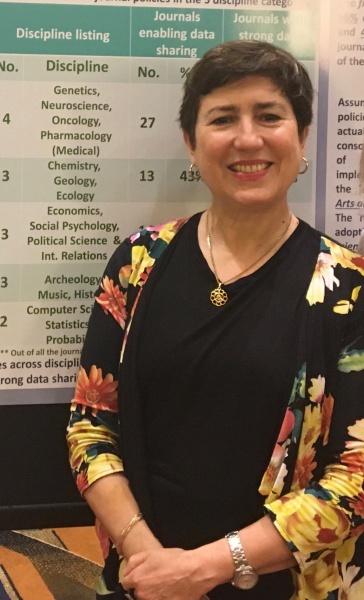 Vivienne Bachelet, COPE Council Member, was asked to speak on behalf of COPE at the satellite meeting of the International Association of Veterinary Editors (IAVE), 9 September, Chicago, the day before the 8th International Congress on Peer Review and Biomedical Publication (10-12 September). IAVE is a group of editors of journals related to veterinary medicine and meets annually. This year's meeting focused on peer review, including models for peer review and the editor’s role in the peer review process, recognition of the work of peer reviewers, and ethical aspects of peer review.
Vivienne Bachelet, COPE Council Member, was asked to speak on behalf of COPE at the satellite meeting of the International Association of Veterinary Editors (IAVE), 9 September, Chicago, the day before the 8th International Congress on Peer Review and Biomedical Publication (10-12 September). IAVE is a group of editors of journals related to veterinary medicine and meets annually. This year's meeting focused on peer review, including models for peer review and the editor’s role in the peer review process, recognition of the work of peer reviewers, and ethical aspects of peer review.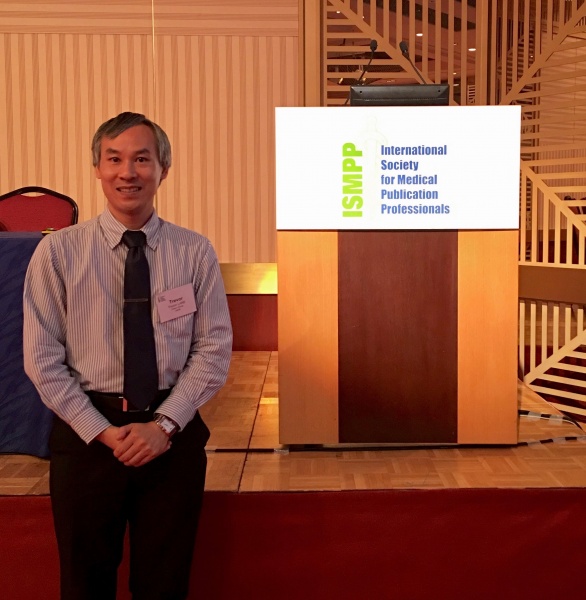 Dr Trevor Lane, COPE Council Member, was invited to be a round-table discussion moderator at the 2017 Asia Pacific meeting of the International Society for Medical Publication Professionals (ISMPP) in Tokyo, Japan, 5 September 2017. Groups of attendees discussed case studies and voted on responses in two interactive sessions: one on peer review and one on medical publication planning. The case studies touched on a variety of topics, including how to advise authors to revise a manuscript based on conflicting peer review reports, authorship decisions during manuscript preparation and challenges when working with both global and local client representatives.
Dr Trevor Lane, COPE Council Member, was invited to be a round-table discussion moderator at the 2017 Asia Pacific meeting of the International Society for Medical Publication Professionals (ISMPP) in Tokyo, Japan, 5 September 2017. Groups of attendees discussed case studies and voted on responses in two interactive sessions: one on peer review and one on medical publication planning. The case studies touched on a variety of topics, including how to advise authors to revise a manuscript based on conflicting peer review reports, authorship decisions during manuscript preparation and challenges when working with both global and local client representatives.